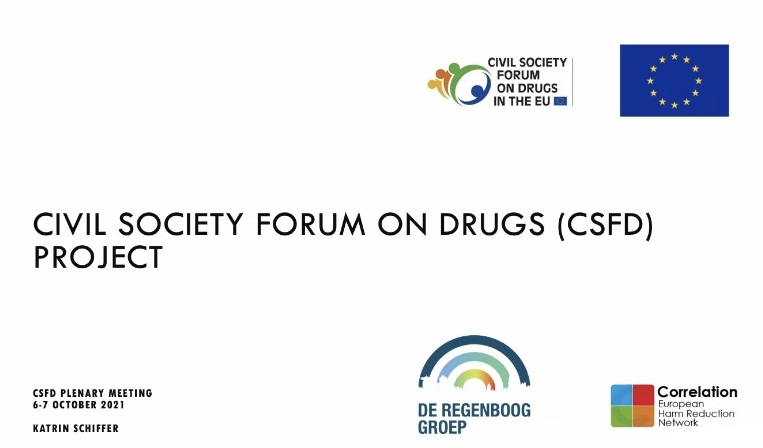The Drug Policy Network Youth East Europe was today formally informed that we have been, for the second time in row, selected as a member of the European Commission Expert Group – Civil Society Forum on Drugs (CSFD) 2024-2027.
As every three years, he European Commission had opened the Call for applications for members of its expert group to completely renew membership for 2024-2027 mandate. We have applied as the network that gathers civil society organisations from all 11 countries of this region of Europe.
 The Forum membership comprises 45 civil society organisations coming from across Europe and representing a variety of fields of drug policy, and a variety of stances within those fields. Its purpose is to provide a broad platform for a structured dialogue between the Commission and the European civil society which supports drug policy formulation and implementation through practical advice.
The Forum membership comprises 45 civil society organisations coming from across Europe and representing a variety of fields of drug policy, and a variety of stances within those fields. Its purpose is to provide a broad platform for a structured dialogue between the Commission and the European civil society which supports drug policy formulation and implementation through practical advice.
DPNSEE was member of the Forum in the 2021 – 2024 mandate, where we chaired the Working group on emerging issues in drug policy. We actively participated in CSFD activities and contributed to various documents and position papers, including the Position paper on decriminalisation. We are proud on being selected again and expect to continue being an active member.


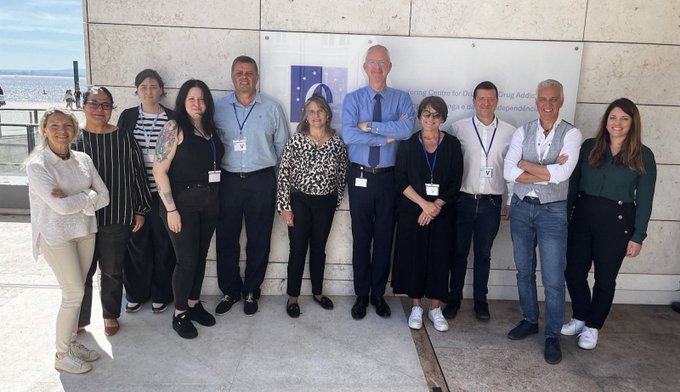

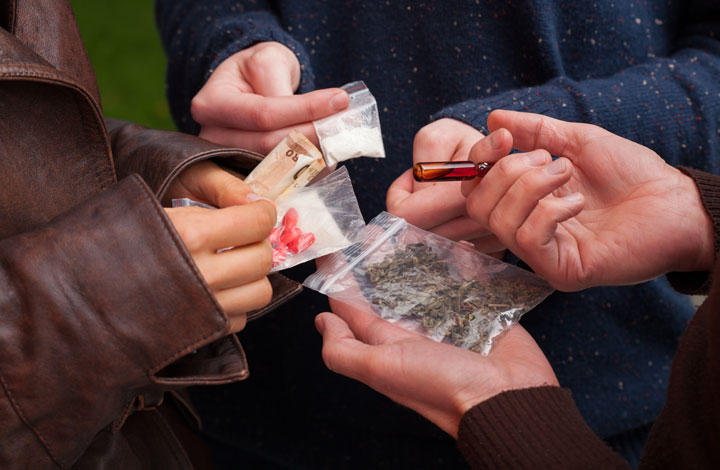

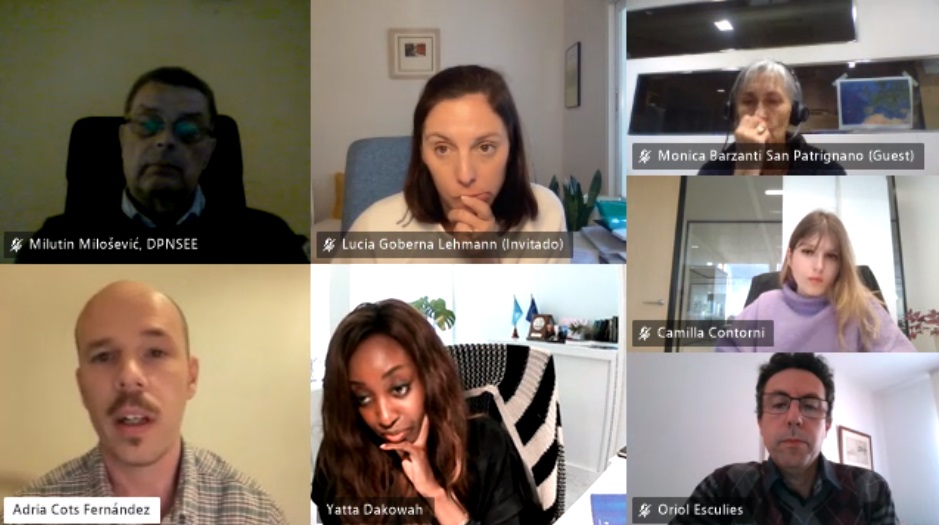
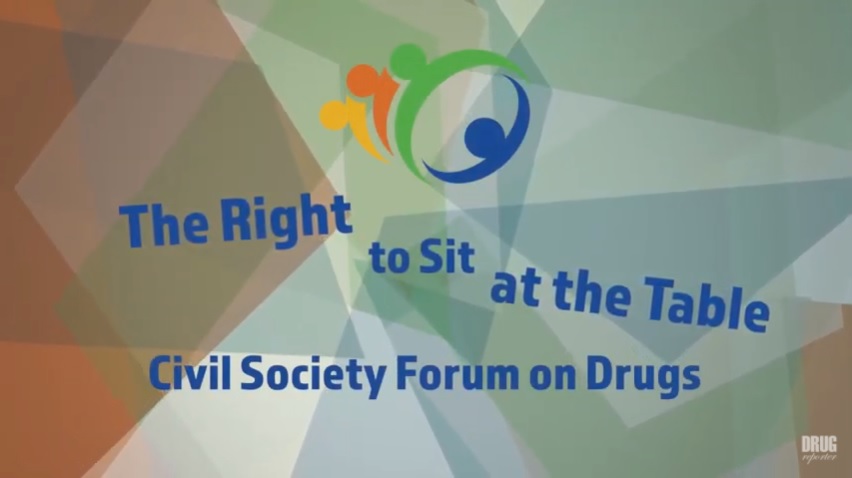
 The Civil Society Forum on Drugs (
The Civil Society Forum on Drugs (
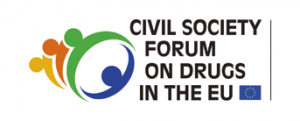 Member organisations of the Civil Society Forum on Drugs (
Member organisations of the Civil Society Forum on Drugs (

